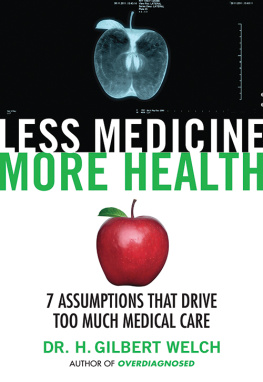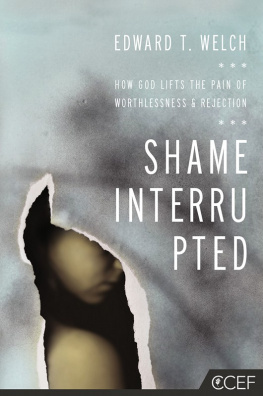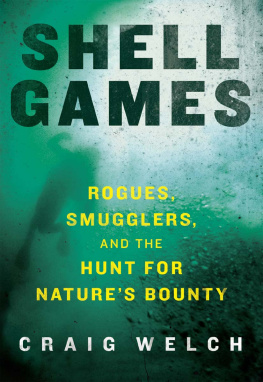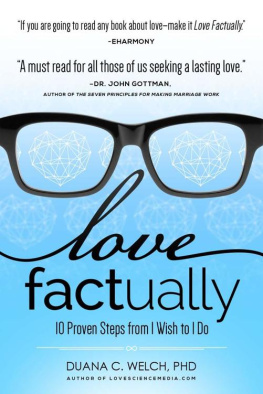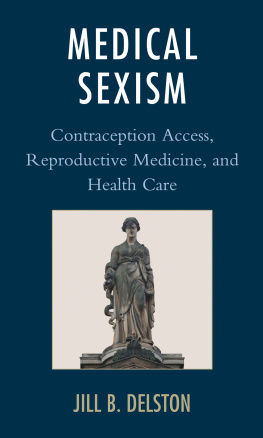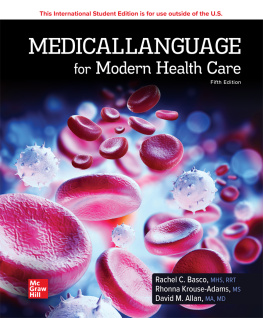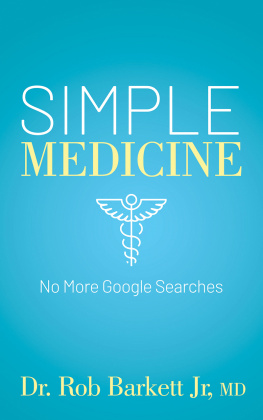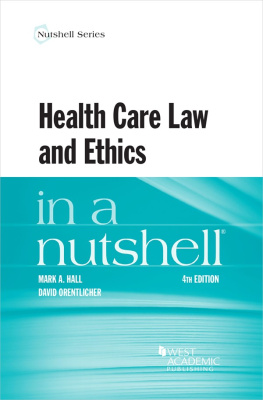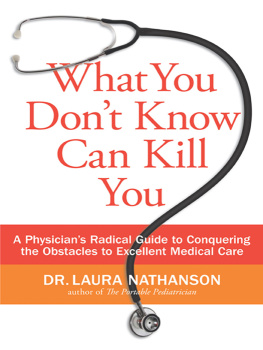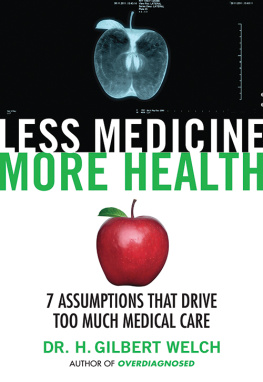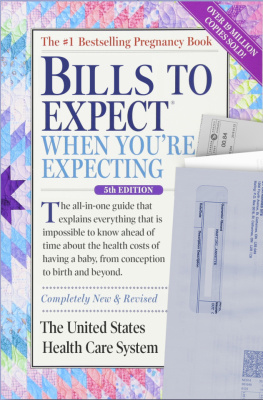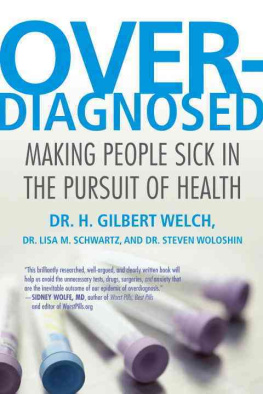Welch - Less Medicine, More Health : 7 Assumptions That Drive Too Much Medical Care
Here you can read online Welch - Less Medicine, More Health : 7 Assumptions That Drive Too Much Medical Care full text of the book (entire story) in english for free. Download pdf and epub, get meaning, cover and reviews about this ebook. City: Boston, MA, year: 2015, publisher: Beacon Press, genre: Romance novel. Description of the work, (preface) as well as reviews are available. Best literature library LitArk.com created for fans of good reading and offers a wide selection of genres:
Romance novel
Science fiction
Adventure
Detective
Science
History
Home and family
Prose
Art
Politics
Computer
Non-fiction
Religion
Business
Children
Humor
Choose a favorite category and find really read worthwhile books. Enjoy immersion in the world of imagination, feel the emotions of the characters or learn something new for yourself, make an fascinating discovery.
- Book:Less Medicine, More Health : 7 Assumptions That Drive Too Much Medical Care
- Author:
- Publisher:Beacon Press
- Genre:
- Year:2015
- City:Boston, MA
- Rating:5 / 5
- Favourites:Add to favourites
- Your mark:
Less Medicine, More Health : 7 Assumptions That Drive Too Much Medical Care: summary, description and annotation
We offer to read an annotation, description, summary or preface (depends on what the author of the book "Less Medicine, More Health : 7 Assumptions That Drive Too Much Medical Care" wrote himself). If you haven't found the necessary information about the book — write in the comments, we will try to find it.
You might think the biggest problem in medical care is that it costs too much. Or that health insurance is too expensive, too uneven, too complicatedand gives you too many forms to fill out. But the central problem is that too much medical care has too little value.
Dr. H. Gilbert Welch is worried about too much medical care. Its not to deny that some people get too little medical care, rather that the conventional concern about too little needs to be balanced with a concern about too much: too many people being made to worry about diseases they dont haveand are at only average risk to get; too many people being tested and exposed to the harmful effects of the testing process; too many people being subjected to treatments they dont needor cant benefit from.
The American public has been sold the idea that seeking medical care is one of the most important steps to maintain wellness. Surprisingly, medical care is not, in fact, well correlated with good health. So more medicine does not equal more health; in reality the opposite may be true.
The general public harbors assumptions about medical care that encourage overuse, assumptions like its always better to fix the problem, sooner (or newer) is always better, or it never hurts to get more information. Less Medicine, More Health pushes against established wisdom and suggests that medical care can be too aggressive. Drawing on his twenty-five years of medical practice and research, Dr. Welch notes that while economics and lawyers contribute to the excesses of American medicine, the problem is essentially created when the general public clings to these powerful assumptions about the value of tests and treatmentsa number of which are just plain wrong.
By telling fascinating (and occasionally amusing) stories backed by reliable data, Dr. Welch challenges patients and the health-care establishment to rethink some very fundamental practices. His provocative prescriptions hold the potential to save money and, more important, improve health outcomes for us all
Welch: author's other books
Who wrote Less Medicine, More Health : 7 Assumptions That Drive Too Much Medical Care? Find out the surname, the name of the author of the book and a list of all author's works by series.

